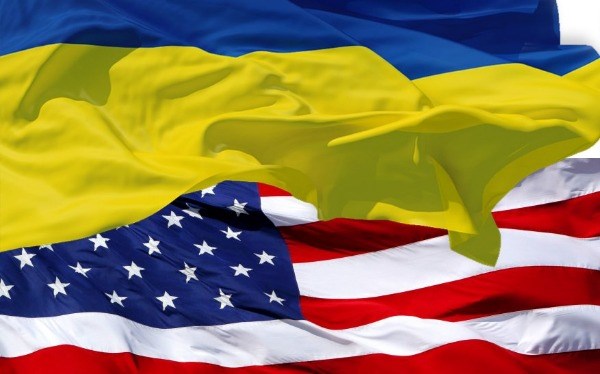US intelligence is reportedly helping Ukraine target Russian generals
The United States has reportedly provided intelligence to the Ukrainian military that has allowed Ukrainian forces to target and kill many of the Russian generals who have died in action during Russia’s invasion of Ukraine, the New York Times reported. Ukrainian officials claim 12 Russian generals have been killed in Ukraine.
According to senior US officials, Washington has focused on providing details about Russian military mobile headquarters in the field, which often relocate. Ukraine has then used their own intelligence, such as intercepted communications, to launch artillery strikes and other attacks against the mobile headquarters.
The US officials spoke to the New York Times on the condition of anonymity, as the Biden administration has sought to keep the level of intelligence sharing secret so as not to provoke Russian President Vladimir Putin.
Last month, US Defense Secretary Lloyd J. Austin III said “we want to see Russia weakened to the degree it cannot do the kinds of things that it has done in invading Ukraine.”
When asked about intelligence sharing, Pentagon spokesperson John Kirby responded, “we will not speak to the details of that information.” He did, however, acknowledges that Washing provides “Ukraine with information and intelligence that they can use to defend themselves.”
The US has not provided intelligence that led to the deaths of all Russian generals in Ukraine. Russian generals reportedly leave themselves exposed to electronic eavesdropping by speaking over unsecure telephones and radios.
“It shows poor discipline, lack of experience, arrogance and failure to appreciate Ukrainian capabilities,” said Frederick B. Hodges, the former top U.S. Army commander in Europe who is now with the Center for European Policy Analysis. “It is not hard to geo-locate someone on a phone talking in the clear.”
The presence of high-ranking Russian officers on the front lines baffles many. Russian military command hierarchy is centralized and allows for decision-making authority only at the highest levels. The absence of a strong mid-level officer corps has forced many Russian generals to make risky trips to the front line to solve problems that, in decentralized western militaries, would normally be solved by senior enlisted personnel and junior officers.
“When there are problems, the general officers have to go sort it out,” said General Hodges.
